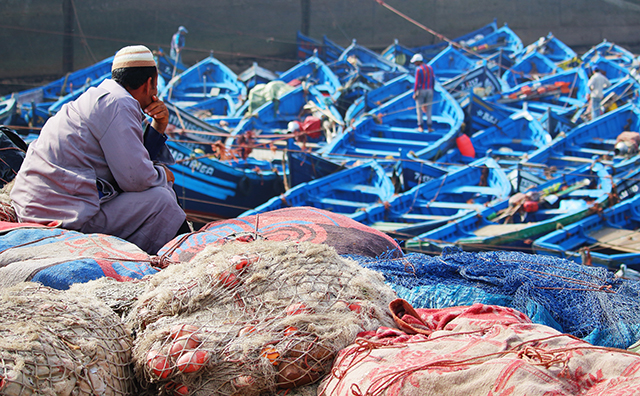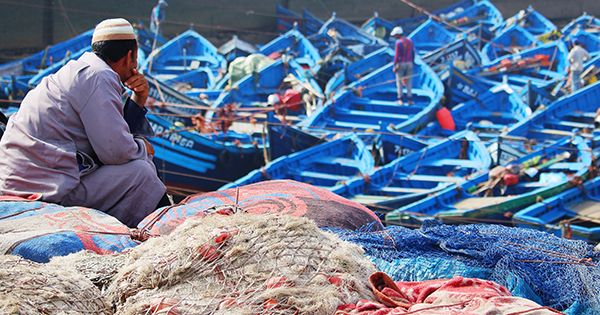The Millennium Challenge Corporation (MCC) and the government of Morocco have partnered to create programs that bolster economic growth in the country. Through two successive compacts, these programs focus on removing constraints to economic growth by investing in sectors with high potential, a competitive advantage, and a likelihood of increasing employment. MCC recently selected Mathematica to measure the impact of three of these programs that seek to address Morocco’s high youth unemployment rate, barriers to land productivity, and small-scale fishing sector.
Mathematica currently works with MCC to assess interventions designed to help farmers in Morocco increase the volume and value of their tree crops to promote economic growth and help students become more employable through improved public secondary schools. Mathematica is excited to continue this productive partnership in Morocco through the following activities:
- Studying development and management reforms focused on rural and industrial lands in Morocco. To stimulate Morocco’s economic growth, businesses require access to industrial lands to build infrastructure and famers require secure land rights to confidently make investments, but the distribution and legal structures that govern land ownership hinder land productivity. The Morocco Land Productivity Project, a $170.5 million MCC investment, seeks to improve coordination between government institutions, increase the security of land rights, modernize outdated land governance procedures, and address the complex laws through a number of activities. These activities include improving the process by which famers gain private ownership of collective land, providing technical assistance and funding to develop and revitalize industrial zones, and supporting new land law reforms. Mathematica’s five-year evaluation of these activities will help MCC better understand how improved governance, land titling, and improved industrial zone development and management can increase the productivity of rural and industrial land.
- Evaluating support to small-scale fisheries to continue Morocco’s global leadership as a fish producer. Morocco is one of the leading fish producers in the world, ranking 13th globally and 1st in Africa. The fishing industry in Morocco grew 6 percent over the past two years, and about 13 million people depend on fisheries to support their livelihoods. The industry is expected to double by 2030, but small-scale fisheries remain underdeveloped. In response, MCC invested $111.3 million over five years in the Small-Scale Fishing Project to address poor infrastructure, weak supply chain management, inadequate training for fishers, and lack of access to markets. Over the next three years, Mathematica will work with MCC to assess the effectiveness and sustainability of several project activities meant to modernize how fishers catch, store, and market fish. These activities include upgrading landing sites, developing wholesale markets, and establishing marine protected areas to conserve fish stocks.
- Assessing technical and vocational education programs designed to address Morocco’s high youth unemployment rate. Although Morocco’s economy grew at a consistent, robust rate over the past decade, job creation hasn’t kept up with the 300,000 working-age people entering the labor force each year. As a result, the unemployment rate in 2017 was more than 10 percent overall, and the youth unemployment rate is double that of the overall population. Unlike the United States and other developed economies, however, young people with more education are actually more likely to be unemployed, which suggests that a lack of specific in-demand job skills remains a barrier to employment for Morocco’s young people. MCC’s $220 million Workforce Development Activity focuses on improving technical and vocational education by providing incentives for public–private partnerships that create and expand training centers, provide technical assistance, and offer job placement services that focus on unemployed women and at-risk urban youth. Mathematica’s five-year evaluation will uncover insights about the scope and duration of these activities aimed to teach the young people of Morocco skills to participate productively in the Moroccan economy.
Learn more about how Mathematica helps uncover insights that light a path to progress in Morocco and around the world.


